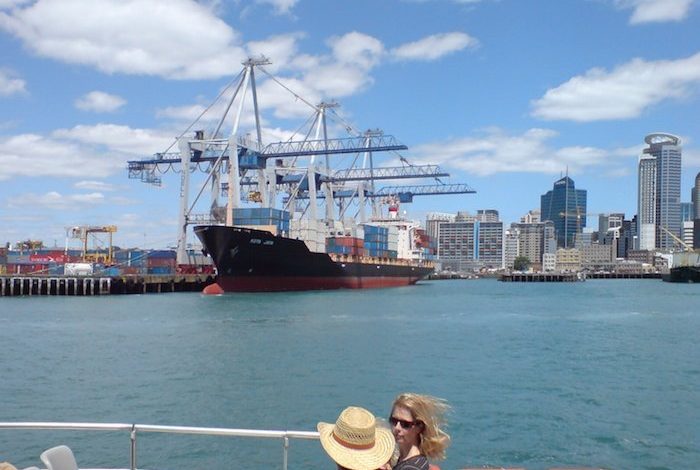Maritime Union of New Zealand calls for methyl bromide ban

The Maritime Union of New Zealand has welcomed the decision by Ports of Auckland to stop releasing methyl bromide emissions into the air.
The port has vowed to fully recapture the toxic gas after fumigation. Methyl bromide, which is linked to motor neurone disease and harmful to the ozone layer, is used to kill insects in logs before export.
MUNZ national secretary Joe Fleetwood commented: “We will continue the campaign to stop rogue employers exposing people to methyl bromide for another decade if need be. Eliminating the risk from our ports and communities will save lives.”
After fumigation is complete the gas can be recaptured and turned into a disposable salt. However, some ports instead release the toxic fumes into the air.
In the Port of Tauranga there is a 200 m buffer zone put in place during cruise ships visits to protect the tourists. Port workers, by contrast, are expected to conduct normal operations as close as five metres away from the toxic gas.
MUNZ members describe coughing, light headedness and nasal congestion during gas release, despite being told they were out of range and in no danger of exposure.
The Maritime Union continues to call for a total ban on the use of methyl bromide.
“The regulatory bodies are toothless tigers,” said Fleetwood, adding: “The government must stop ports releasing this poison into the air, or live with blood on their hands.
